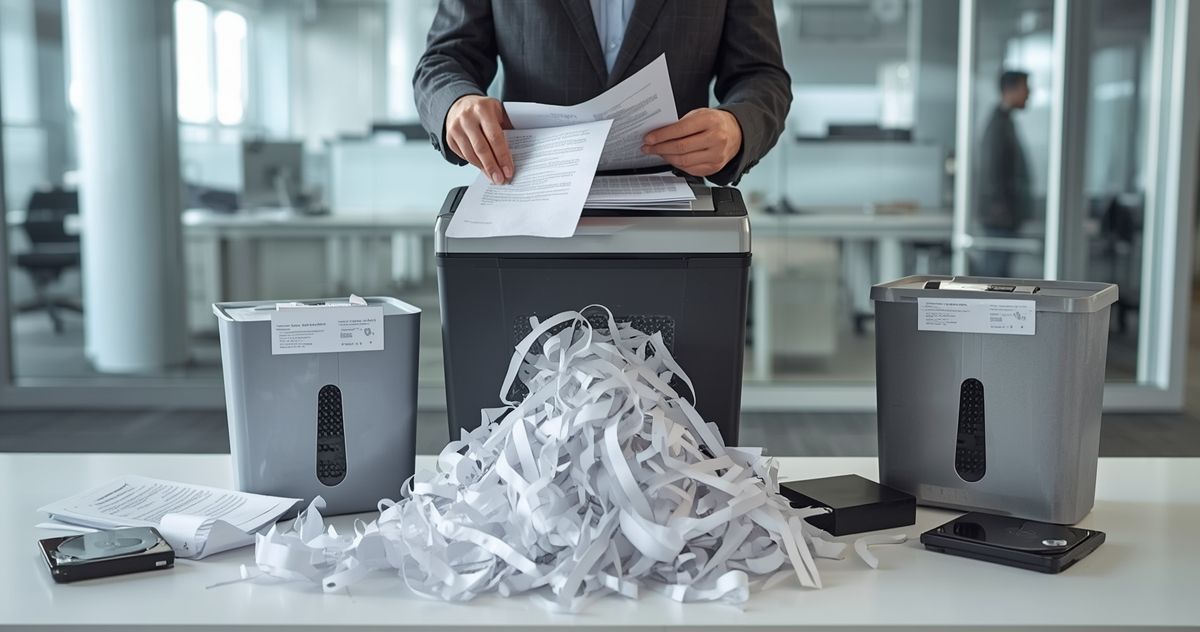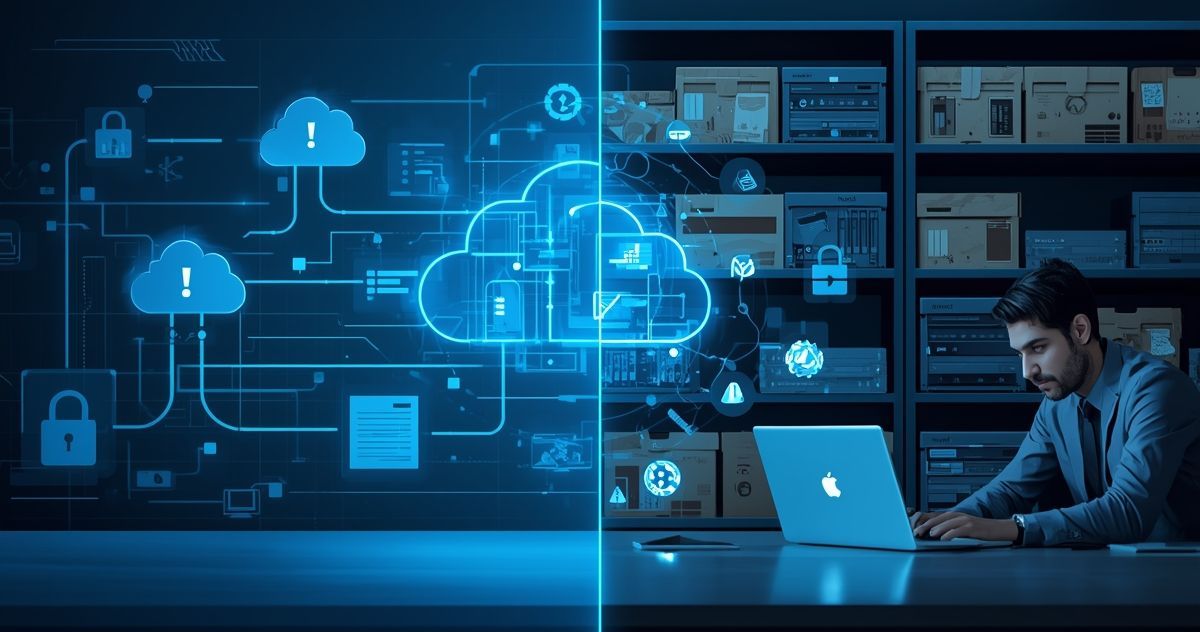E-Waste Bans and What They Mean for Your Business in 2025
E-Waste Bans and What They Mean for Your Business
The global push for sustainability has reached a pivotal point. Governments around the world are introducing stricter e-waste bans to combat the growing environmental crisis caused by discarded electronic devices.
But what does this mean for your business in 2025? From compliance challenges to new opportunities in recycling and disposal, understanding e-waste regulations is no longer optional. It’s essential for protecting the planet and ensuring your organization’s success.
This blog will break down the implications of e-waste bans, how businesses can adapt, and actionable steps to turn compliance into a strategic advantage.
What Are E-Waste Bans?
E-waste, short for electronic waste, refers to discarded electronic devices such as computers, mobile phones, and printers. With over 50 million metric tons of e-waste produced globally every year, improper disposal poses severe environmental and health risks due to hazardous materials like lead, mercury, and cadmium.
Governments are increasingly stepping in with e-waste bans, which make it illegal to dump electronics in landfills. Instead, businesses must adhere to strict recycling and disposal requirements to manage their electronic waste responsibly. Laws like the European Union’s Waste Electrical and Electronic Equipment (WEEE) directive and similar initiatives in the U.S. and beyond are examples of these tightening regulations.
Why E-Waste Bans Matter to Businesses
1. Compliance and Financial Penalties
Non-compliance with e-waste regulations can result in significant fines and reputational damage. For example, businesses in the EU failing to comply with WEEE directives may face fines of up to €100,000 per infraction. Likewise, the U.S. Environmental Protection Agency (EPA) imposes stringent fines on businesses that dispose of e-waste improperly.
Staying informed about local and global legislation is critical. Failure to comply could not only hurt your bottom line but also alienate environmentally conscious customers.
2. Sustainability Expectations
Today’s consumers and employees expect companies to take responsibility for their environmental footprint. Businesses with sustainable practices are more likely to build trust and loyalty among stakeholders. E-waste regulations provide an opportunity to align with these growing expectations and position your brand as a sustainability leader.
3. A Shift Towards a Circular Economy
E-waste bans promote circular economy principles, encouraging businesses to reuse and recycle materials. This paradigm shift opens up opportunities to innovate, increase efficiency, and reduce costs.
How Businesses Can Adapt to E-Waste Bans
Rethink Technology Lifecycles
One of the most effective ways to align with e-waste bans is to prolong the lifecycle of your technology. Ensure your devices are well-maintained, and upgrade hardware components rather than replacing entire systems whenever possible.
Consider creatively repurposing outdated tech. For example:
- Redeploy old computers as testing machines in IT departments.
- Provide refurbished equipment to nonprofits or schools.
Partner with Certified Recycling Services
Recycling e-waste requires expertise, and partnering with certified recyclers ensures compliance. Companies like DataShredder Corporation specialize in secure electronic recycling services in Massachusetts.
Their NAID-certified team can safely destroy old devices, such as hard drives, mobile phones, or IT equipment, ensuring compliance with e-waste regulations. This approach not only keeps electronic waste out of landfills but also protects sensitive business data.
Invest in Secure Data Destruction
Before recycling any device, ensure all sensitive information is securely erased. Professional services like DataShredder Corporation provide hard drive destruction services, so your data never ends up in the wrong hands.
Leverage Hardware Asset Management
E-waste bans urge businesses to rethink how they manage unused IT equipment. Programs such as Hardware Asset Management allow companies to assess old devices for resale opportunities. Selling used equipment not only reduces waste but also generates additional revenue.
For example, bulk electronics like desktops, servers, and monitors sitting idle can be resold with the help of asset management services. These services evaluate the resale potential of devices and connect you with buyers who need affordable technology, creating a win-win situation.
Educate Employees and Create Policies
Complying with e-waste bans requires a team effort. Develop internal policies for electronic waste management and train employees on proper handling and recycling practices. Clear guidelines will ensure consistency across all levels of your organization.
The Benefits of Compliance
Beyond avoiding fines, compliance with e-waste bans can deliver significant business benefits:
- Enhancing Brand Reputation: Eco-consciousness resonates with today’s customers, improving brand loyalty and customer satisfaction.
- Cost Reductions: Recycling and extending equipment lifecycles reduce the expense of constantly purchasing new technology.
- Opportunities for Innovation: Adhering to e-waste regulations can inspire new ideas, such as finding ways to design sustainable tech or adopting circular economy models.
Common Misconceptions About E-Waste Bans
Myth 1: Recycling Is Expensive
While there may be initial costs involved, long-term savings often outweigh them. Asset resale programs can even turn your old electronics into revenue streams.
Myth 2: E-Waste Disposal Is Time-Consuming
Certified companies like DataShredder Corporation handle the entire process—from device collection to secure destruction or recycling. This saves your business both time and effort.
Myth 3: Small Businesses Are Exempt
E-waste bans don’t just target large corporations. Small businesses are equally responsible for proper disposal. However, smaller enterprises can benefit significantly from recycling partnerships to simplify compliance without additional stress.
What’s Next for Your Business?
E-waste bans represent more than a regulatory hurdle; they’re an opportunity for businesses to innovate, save costs, and enhance their reputation. Preparing for 2025 means rethinking how your organization manages its technology and waste.
If you’re ready to take the first step, DataShredder Corporation has your back. Whether it’s secure data destruction, certified e-waste recycling, or asset management services, our team ensures your business stays compliant while protecting sensitive information.
Contact us for a personalized quote about
e-waste recycling in Massachusetts. Together, we can keep your business ahead of the curve while contributing positively to the planet’s future.











Share On: